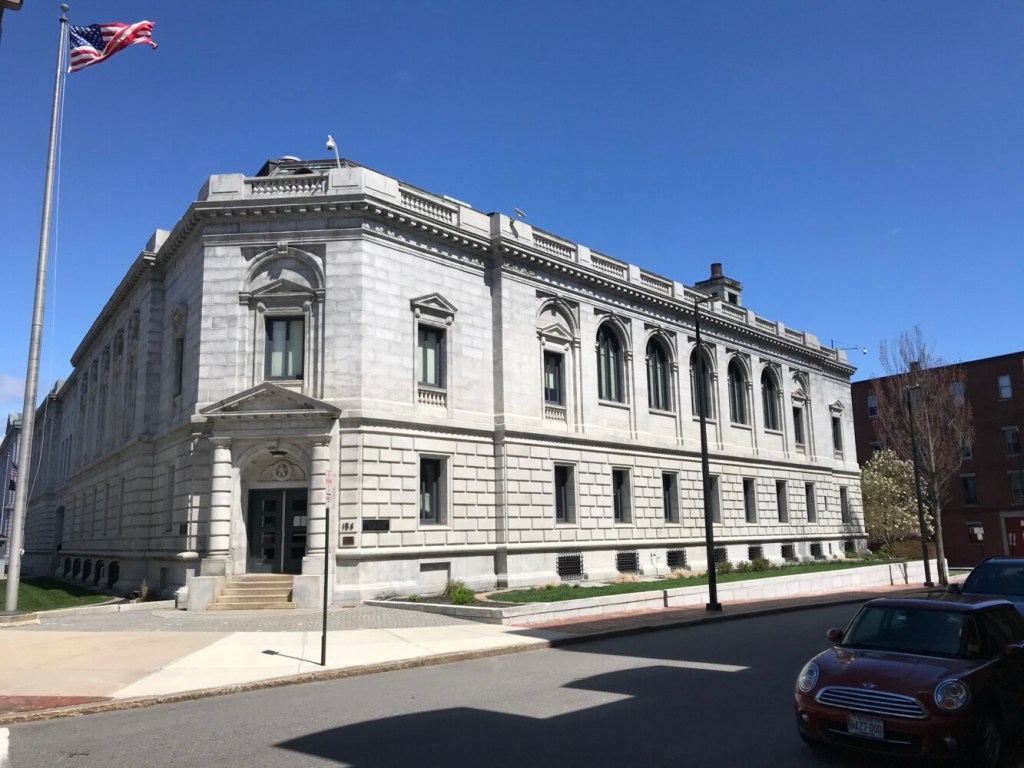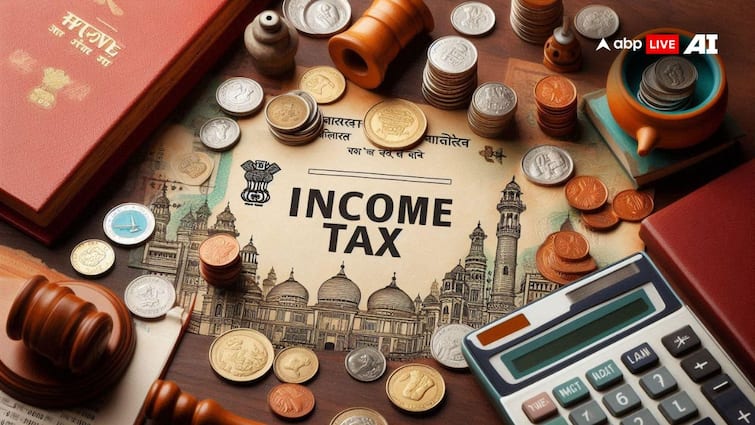Maine's Campaign Finance Reform Struck Down: Voter-Approved Limits Ruled Unconstitutional

Maine's ambitious effort to reform campaign finance has hit a major roadblock. A U.S. District Court judge has declared the voter-approved limits on campaign contributions and spending unconstitutional, effectively halting the implementation of a measure embraced by nearly 75% of Maine voters last November. This ruling raises significant questions about the future of campaign finance regulation in the state and its potential impact on elections.
The Referendum and Its Goals
The referendum, passed with overwhelming support, aimed to curb the influence of big money in Maine politics. Key provisions included limits on individual and corporate contributions to candidates and political action committees (PACs), as well as restrictions on independent expenditures. Proponents argued that these measures would level the playing field, reduce corruption, and increase transparency in the electoral process. The intention was to empower everyday citizens and ensure that elected officials were accountable to their constituents, not wealthy donors.
The Court's Decision and First Amendment Concerns
However, U.S. District Court Judge Jon D. Levy ruled that the referendum violates the First Amendment's guarantee of free speech. The judge reasoned that the limits on contributions and spending unduly restrict political expression. While acknowledging the state's interest in preventing corruption and the appearance of corruption, the court found that the restrictions went too far and were not narrowly tailored to achieve those goals. The decision emphasized that campaign finance regulations must be carefully balanced against the fundamental right to participate in political discourse.
Legal Challenges and Potential Appeals
The ruling follows a legal challenge brought by several political groups and individuals who argued that the limits were overly broad and infringed on their First Amendment rights. Supporters of the referendum have expressed disappointment with the decision and are exploring their options for appeal. A potential appeal could bring the case before the First Circuit Court of Appeals, and ultimately, the U.S. Supreme Court.
Impact on Maine Politics and Future Reform Efforts
The immediate impact of the ruling is that the campaign finance limits will not go into effect. This means that candidates and PACs can continue to accept unlimited contributions and spend as much as they want on political advertising. The decision is likely to reignite the debate over campaign finance reform in Maine. Lawmakers may now consider alternative approaches to address concerns about the influence of money in politics, potentially focusing on measures like increased disclosure requirements or public financing of elections.
Looking Ahead: The Broader Context
This case is not an isolated incident. Across the United States, campaign finance regulations are facing increasing legal scrutiny. The Supreme Court's decisions in cases like Citizens United v. Federal Election Commission have significantly reshaped the landscape of campaign finance law, making it more challenging to impose restrictions on political spending. Maine's experience underscores the complexities of balancing free speech rights with the need for a fair and transparent electoral system.





